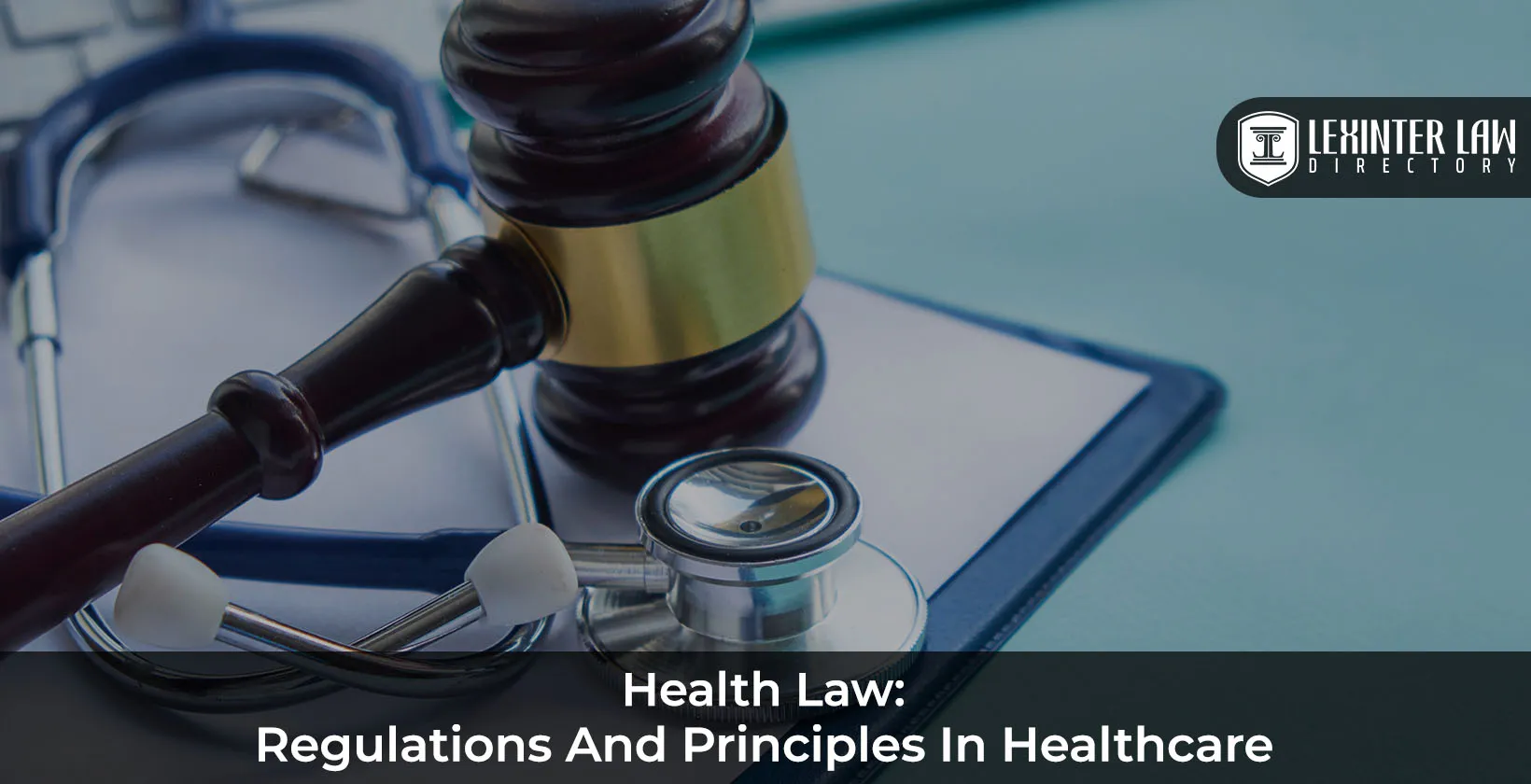Criminal law serves as the cornerstone of legal systems worldwide, defining offenses, establishing penalties, and safeguarding societal order through due process and justice. This comprehensive guide explores the foundational aspects of criminal law, including its basics, key concepts such as crime, punishment, and rehabilitation, criminal procedure and due process rights, considerations in juvenile justice, contemporary issues in criminal justice reform, the roles of lawyers and judges, and ethical considerations in the practice of criminal law.
Contents
Basics of Criminal Law
Criminal law encompasses a vast body of legal principles, statutes, and regulations designed to define unlawful conduct, determine culpability, and prescribe penalties for offenders. Unlike civil law, which addresses disputes between individuals or entities, criminal law focuses on offenses against the state or society. It aims to maintain public order, protect individual rights, and deter criminal behavior through a system of laws and judicial processes.
Key Concepts: Crime, Punishment, Rehabilitation
Central to criminal law are several key concepts that guide its application and interpretation:
- Crime: Defined as any act or omission that violates criminal statutes and poses a threat to public safety or societal norms.
- Punishment: Imposes sanctions or penalties upon convicted individuals, ranging from fines and probation to imprisonment or capital punishment, depending on the severity of the offense and jurisdictional laws.
- Rehabilitation: Seeks to reform offenders through education, vocational training, counseling, or substance abuse treatment to facilitate their successful reintegration into society and reduce recidivism rates.
These concepts underscore the dual objectives of criminal justice systems worldwide: punishment as a deterrent and rehabilitation as a means of promoting societal reintegration and reducing crime.
Criminal Procedure and Due Process
Criminal procedure governs the legal process by which criminal cases are adjudicated, ensuring fair treatment of defendants and protection of their constitutional rights. Key elements of criminal procedure include:
- Investigation: Gathering evidence by law enforcement agencies to establish probable cause and identify suspects.
- Charging: Formal accusation of a crime by a prosecutor, based on evidence gathered during the investigation.
- Trial: Adjudication of guilt or innocence by a judge or jury, where evidence is presented, arguments are made, and a verdict is rendered.
- Sentencing: Imposition of penalties or sanctions following conviction, guided by statutory guidelines and judicial discretion.
- Appeals: Review of trial court decisions by higher courts to assess legal errors or procedural irregularities.
Due process guarantees defendants fundamental rights, such as the right to a fair trial, legal representation, presumption of innocence, and protection against self-incrimination, ensuring that justice is administered impartially and in accordance with the law.
Juvenile Justice and Legal Rights
Juvenile justice systems are specialized frameworks that address offenses committed by minors, focusing on rehabilitation and intervention rather than punitive measures. These systems aim to protect the welfare of juvenile offenders, provide educational and therapeutic interventions, and promote their rehabilitation and reintegration into society while holding them accountable for their actions. Legal rights for juvenile offenders include protections against harsh punishments, confidentiality of juvenile records, and access to rehabilitative services tailored to their developmental needs.
Contemporary Issues in Criminal Justice Reform
Contemporary criminal justice systems face ongoing challenges and opportunities for reform, including:
- Sentencing Reform: Advocating for alternatives to incarceration, such as diversion programs and rehabilitative services, to reduce overcrowding in prisons and promote rehabilitation.
- Police Reform: Addressing issues of police misconduct, racial bias, and use of force through training, accountability measures, and community policing initiatives.
- Restorative Justice: Promoting victim-offender mediation and reconciliation processes to repair harm, promote healing, and reduce recidivism.
- Mental Health and Substance Abuse: Enhancing access to treatment and diversion programs for individuals with mental health disorders or substance use disorders involved in the criminal justice system.
Efforts towards criminal justice reform strive to achieve equitable outcomes, address systemic inequalities, and enhance public trust and confidence in the fairness and effectiveness of legal systems.
Role of Lawyers and Judges in Criminal Cases
Lawyers and judges play essential roles in the criminal justice process:
- Lawyers: Represent defendants or victims, provide legal counsel, negotiate plea agreements, and advocate for their clients’ rights throughout the legal proceedings.
- Judges: Preside over trials, adjudicate legal disputes, apply laws and precedents to case facts, ensure procedural fairness, and impose sentences or sanctions following conviction.
Their roles uphold the principles of justice, ensure due process, and safeguard individual rights within the adversarial legal framework of criminal litigation.
Ethics in Criminal Law Practice
Ethical considerations are paramount in the practice of criminal law, guiding lawyers, judges, and legal professionals in upholding professional standards, integrity, and ethical conduct. Ethical principles include:
- Confidentiality: Protecting client information and maintaining privileged communications.
- Fairness: Acting impartially and ensuring equitable treatment of all parties involved in legal proceedings.
- Integrity: Upholding legal principles and professional ethics in decision-making and advocacy.
- Accountability: Adhering to legal standards, ethical guidelines, and professional responsibilities in representing clients and administering justice.
Adherence to ethical standards ensures the integrity of criminal justice systems and upholds public trust in the legal profession.
Conclusion
In conclusion, criminal law and the justice system play integral roles in upholding societal order, protecting individual rights, and ensuring accountability for unlawful behavior. By navigating complex legal frameworks, addressing contemporary challenges through reform initiatives, and upholding ethical standards in practice, stakeholders can promote fairness, equity, and justice in criminal proceedings. As legal systems evolve, stakeholders must remain vigilant in advocating for systemic improvements, advancing procedural fairness, and promoting rehabilitation to achieve just outcomes and strengthen public confidence in the rule of law.


